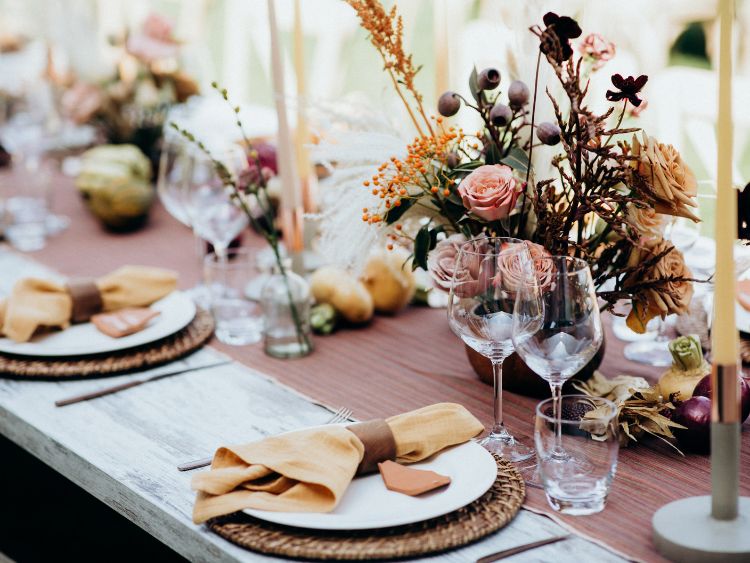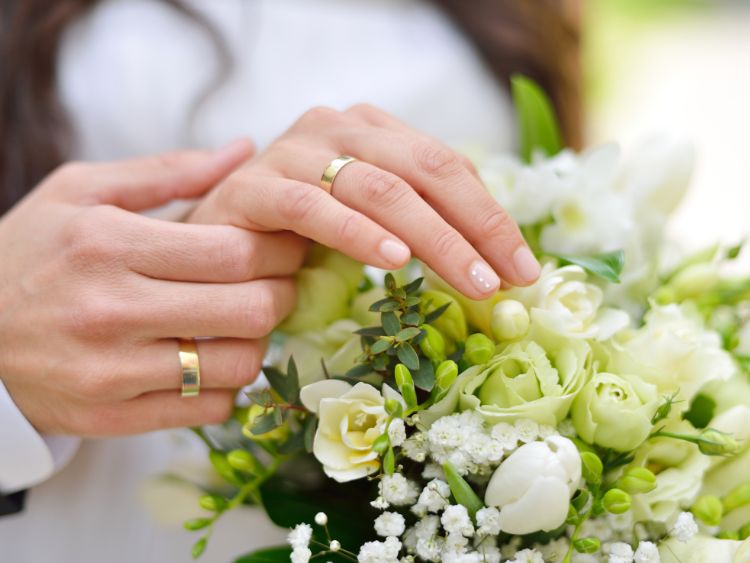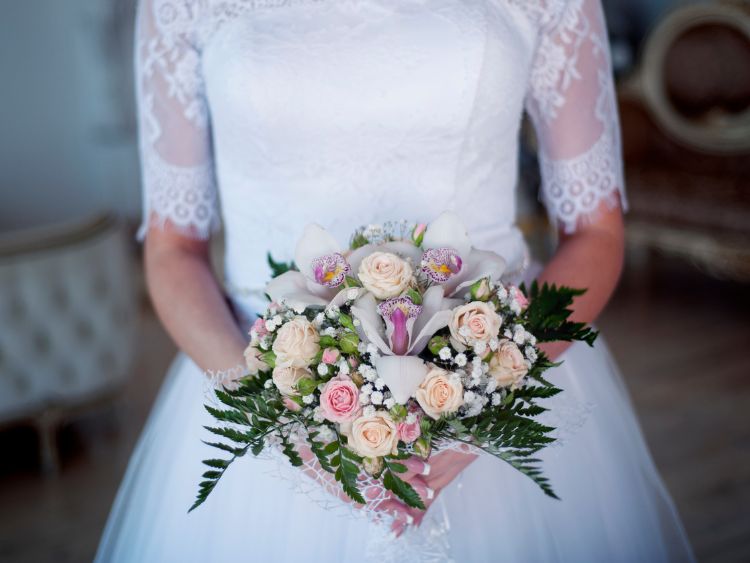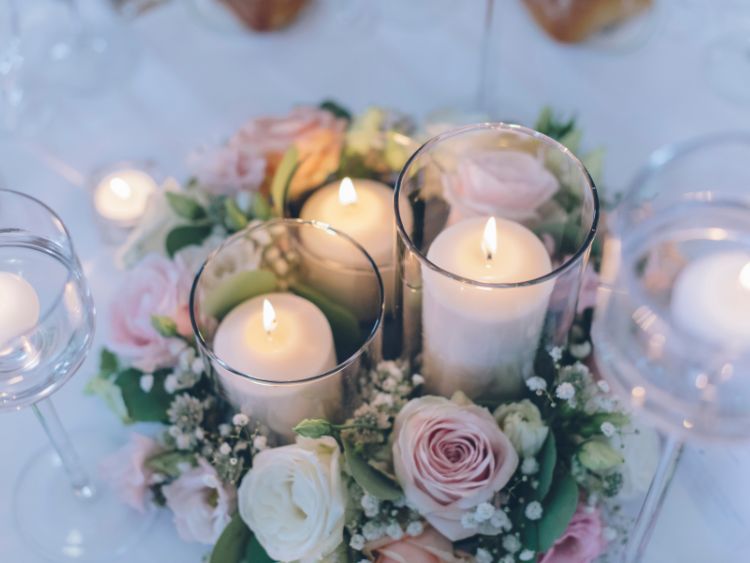So, you’ve been asked to officiate a wedding? First, congratulations! Being chosen to officiate a wedding is an honor, and it comes with a set of responsibilities and preparations to make the couple’s special day unforgettable. Whether it’s your first time or you’re looking to brush up on your skills, this officiate wedding guide will help you navigate each step, from legal requirements to delivering a heartfelt ceremony. Let’s dive in and make this day memorable for everyone involved!
1. Getting Started: Understand Your Role
Before you step up as an officiant, it’s essential to grasp the responsibilities that come with the role. As the officiant, you’re not just a speaker; you’re a guide, storyteller, and often the legal authority in the ceremony.
Key Responsibilities of a Wedding Officiant:
- Prepare and Deliver the Ceremony: You’ll craft a personalized experience for the couple, from welcoming guests to announcing them as married.
- Legal Requirements: Depending on the location, you may need to register as an officiant. Ensure that the marriage license is signed and filed correctly.
- Act as a Supportive Presence: Be calm, confident, and supportive, especially if the couple feels nervous or emotional on their big day.
2. Legal Requirements: Make It Official
To legally officiate a wedding, you’ll need to meet specific requirements, which vary by location. Some areas require officiants to be ordained, while others allow anyone to officiate.
Steps to Ensure Legal Validity:
- Check State or Country Requirements: In the United States, each state has unique rules regarding who can officiate weddings.
- Get Ordained Online (If Needed): Many online organizations, like the Universal Life Church, offer ordination quickly and easily.
- Register with Local Authorities: In some states, even ordained officiants must register with the county where the wedding takes place.
- Sign and File the Marriage License: After the ceremony, sign the marriage license with the couple and ensure it’s filed with the local authority promptly.
3. Preparation: Meet the Couple
The best way to craft a meaningful ceremony is to understand the couple’s story, values, and vision. Meeting with the couple beforehand will give you insights into their personalities, relationship, and preferences for the ceremony.
Questions to Ask the Couple:
- How did you meet?
- What are your favorite shared memories?
- Are there specific vows, readings, or rituals you want included?
- What tone do you envision – formal, casual, or humorous?
Pro Tip: If you’re officiating for a friend or family member, consider sharing a personal story or memory. It adds a unique, heartfelt touch!
4. Writing the Ceremony Script: Craft a Memorable Experience
The ceremony script is the heart of the wedding and should be tailored to reflect the couple’s unique relationship. A well-structured script has a warm welcome, personal touches, and of course, the all-important vows and pronouncement.
Outline of a Wedding Ceremony Script:
- Welcome and Introduction: Start with a greeting, introducing yourself if necessary, and welcoming guests.
- Reflection on Love and Marriage: Share a few words on love, marriage, and the couple’s journey.
- Personal Story or Reading: This could be a story about the couple, a poem, or a meaningful quote.
- Exchange of Vows: Invite the couple to share their vows.
- Exchange of Rings: Ask the couple to exchange rings as a symbol of their commitment.
- Pronouncement: Pronounce the couple as married and invite them to kiss!
- Closing Words: Thank guests for attending and congratulate the couple.
Tip: Keep your speech concise and heartfelt. Avoid reading too much from the script, so your words feel genuine and personal.
5. Practicing the Ceremony: Get Comfortable with the Script
Practice makes perfect, especially when it comes to officiating. Run through the script several times, practicing aloud to feel confident and comfortable. If possible, do a rehearsal with the couple, walking through each part of the ceremony.
Practicing Tips:
- Stand in Front of a Mirror: This helps you maintain eye contact and appear confident.
- Record Yourself: Listening to a recording of yourself allows you to fine-tune tone, speed, and pauses.
- Rehearse with a Friend: Having someone listen can help catch anything that may sound unnatural or confusing.
6. On the Day of the Ceremony: Set the Scene
On the big day, arrive early and get familiar with the ceremony space. Your presence as the officiant helps set a calm, welcoming atmosphere. Take a few deep breaths, gather your thoughts, and remember that you’re helping make this day unforgettable.
Checklist for the Wedding Day:
- Arrive Early: Aim to be there at least an hour before the ceremony.
- Check the Sound System: Make sure everyone can hear you, especially if it’s an outdoor wedding.
- Greet Key People: Say hello to the couple, the wedding party, and important family members to create a warm connection.
- Stay Calm and Confident: Breathe, smile, and keep your energy calm to help steady any wedding-day jitters.
7. Common Mistakes to Avoid as an Officiant
Even experienced officiants can make mistakes, but with preparation, you can sidestep common pitfalls.
Avoid These Officiant Missteps:
- Being Too Formal or Too Casual: Match the couple’s desired tone. A highly formal approach can feel stiff, while too casual might come across as unprofessional.
- Mispronouncing Names: Double-check the pronunciation of names (including family members) to avoid awkward moments.
- Reading the Script Word-for-Word: Practice enough so that you can ad-lib or speak naturally, even if you have notes.
- Rushing Through the Ceremony: Take your time and enjoy the moment – this is a once-in-a-lifetime experience for the couple!
FAQs About Officiating a Wedding
- Do I need to be ordained to officiate a wedding?
Yes, in many locations, you need to be ordained to legally officiate a wedding. Some areas allow family members or friends to act as officiants without ordination, so check local requirements.
- Can I write my own ceremony script?
Absolutely! Personalizing the script is encouraged, and the couple will likely appreciate a ceremony that reflects their unique love story.
- How long should the ceremony be?
The typical wedding ceremony lasts about 15-30 minutes. You can adjust it based on the couple’s preferences and the number of readings or rituals included.
- What should I wear as an officiant?
Wear something that aligns with the formality of the event. For formal weddings, a suit or dress is ideal, while for more casual ceremonies, a smart outfit that still feels special is appropriate.
- How do I sign the marriage license?
Usually, the officiant, couple, and witnesses will sign the license immediately after the ceremony. Ensure you’re signing in the correct fields, and double-check the names and dates.
Conclusion
Officiating a wedding is both an honor and a responsibility. By following this officiate wedding guide, you’ll be well-prepared to deliver a heartfelt, legally binding, and unforgettable ceremony. Remember, the best ceremonies reflect the couple’s unique journey together, so let your words celebrate their love and commitment in a way that’s personal and meaningful.
May your officiating journey be as joyful and memorable as the day itself!
Authoritative Resources for Further Reading:
- Universal Life Church: www.themonastery.org
- WeddingWire’s Officiant Tips: www.weddingwire.com/wedding-ideas
- The Knot’s Guide for Wedding Officiants: www.theknot.com/officiant-guide
- American Marriage Ministries: www.theamm.org



